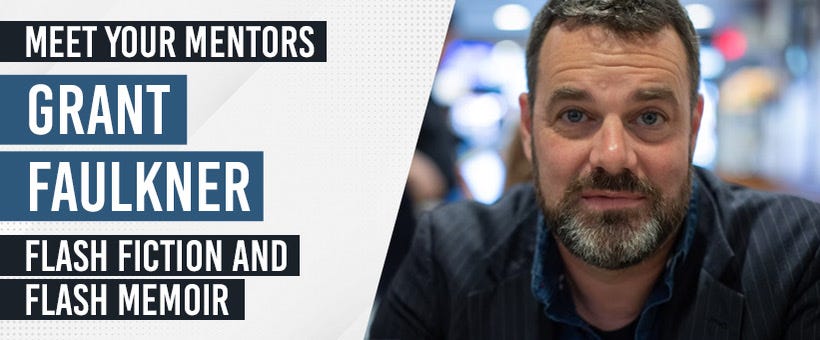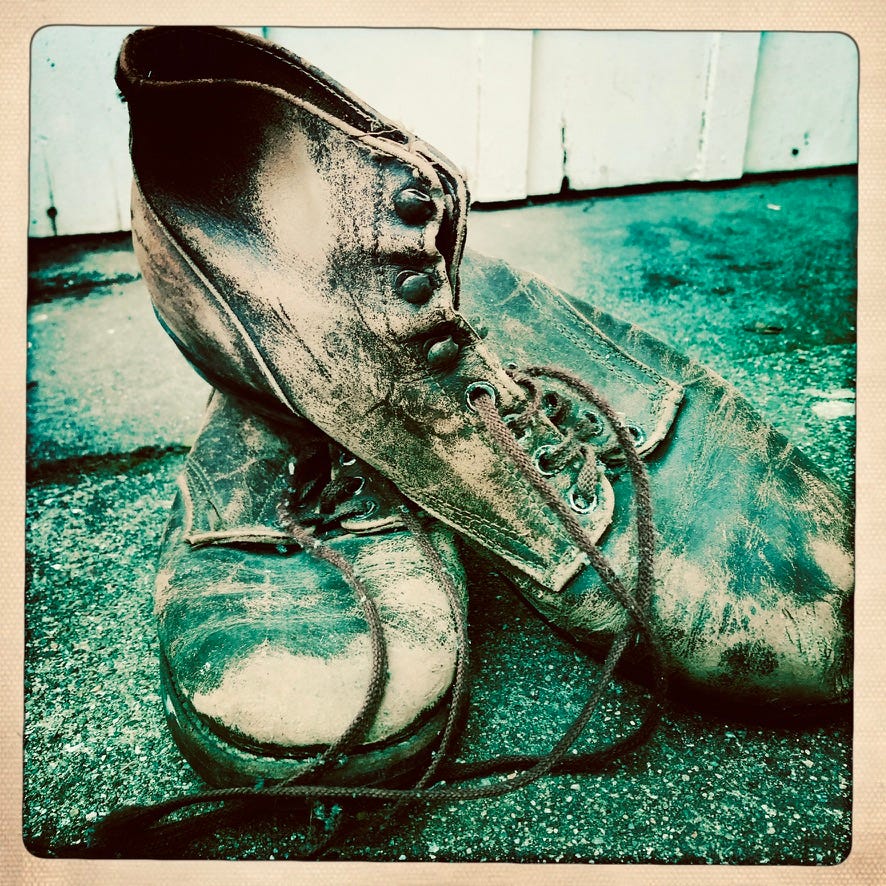This past week, I stumbled on Charles Baudelaire’s prose poem, “Be Drunk,” in my Instagram stream, and the poem was not only a welcome antidote to my spiraling list of worries but a reminder that we always have a bigger life available to us—we just need to be drunk!
Not drunk on alcohol (or not necessarily). Drunk on the page. Drunk in our imaginations. Drunk in our hopes. Drunk in our love. Drunk in our faith. Drunk in our grace. Drunk in whatever makes our heart beat.
Here’s the poem:
Be Drunk
You have to be always drunk. That’s all there is to it—it’s the only way. So as not to feel the horrible burden of time that breaks your back and bends you to the earth, you have to be continually drunk.
But on what? Wine, poetry or virtue, as you wish. But be drunk.
And if sometimes, on the steps of a palace or the green grass of a ditch, in the mournful solitude of your room, you wake again, drunkenness already diminishing or gone, ask the wind, the wave, the star, the bird, the clock, everything that is flying, everything that is groaning, everything that is rolling, everything that is singing, everything that is speaking . . . ask what time it is and wind, wave, star, bird, clock will answer you: “It is time to be drunk! So as not to be the martyred slaves of time, be drunk, be continually drunk! On wine, on poetry or on virtue as you wish.”
It is time to be drunk!
The command “to be drunk” is really a command to be free—free of convention, free of restraint, free of judgment.
To be drunk is to be full of life and gusto, to take risks, to live in a reckless disregard of anything that impinges on matters of the soul. That’s why I’ve always loved Toulouse Lautrec’s art (see above), for the many-hued drunken festivity it represents.
Depression—the killjoy of all drunkenness
But the command to be drunk, to be anything, sometimes can’t be heeded, as I’ve strangely learned of late. We can lose joy, and joy can’t necessarily be willed into being.
I say this because I was recently diagnosed with depression, which startled me. I’d always thought of myself as a happy enough guy, an optimist, a bon vivant even, but I think a good metaphor for depression is the “boiling frog.”
The “boiling frog” is a fable that describes the idea that if a frog is placed in boiling water, it will jump out, but if placed in lukewarm water that is slowly heated, it will not perceive the danger and will be cooked to death.
That’s the way I now think of my depression. As the water around me slowly rose in temperature over the course of time, I didn’t truly notice a change. I’ve always had a touch of melancholy, and that melancholy has been in kinship with my art—not something to resist but something to indulge in. I prefer sad tunes to happy tunes. I love spending a gloomy day in dreamy solitude. I cherish foggy days.
But then the fog stopped clearing. Then it darkened. I seemed to be fatigued all of the time. I took several naps a day. I thought that was because of my heart medication or aging or my poor, plodding heart itself. I had difficulties sleeping at night, but then I’d been a lifetime insomniac, so …. this all seemed like the norm.
I had what I called a “pain in my head” for months, though. It felt like a tender wound. A raw place that was easily poked and enflamed. But I didn’t think too much about that. Somehow the pain in my head became normal to me.
“Depression is like a bruise that never goes away. A bruise in your mind,” said the author Jeffrey Eugenides, and that’s exactly how it felt to me: a very physical and tangible pain that couldn’t be relieved.
I’d stopped drinking for five years, but I started drinking a couple of glasses of wine in the evenings—just for a respite. I found myself on the verge of tears at odd moments—me, who had never been a cryer, who only cried in the darkness of a theater during a sad film. I joked that I cried when a leaf dropped from a tree, and then also cried when a leaf didn’t drop from a tree.
“I didn't want my picture taken because I was going to cry,” said the famously depressed and ultimately suicidal poet Sylvia Plath. “I didn't know why I was going to cry, but I knew that if anybody spoke to me or looked at me too closely the tears would fly out of my eyes and the sobs would fly out of my throat and I'd cry for a week.”
I chalked all of this up to being an overly sensitive artist—a subject I even wrote about last December in the post Emotions, emotions, emotions.
I called my doctor simply to request some anti-anxiety medicine because I’d been carrying so much stress from a stressful job for years, and especially this past year with several life transitions, family transitions, and career transitions. My stress battered around in my head and poked and yelled. But instead of just giving me the prescription, my doctor first went through a list of screening questions, and then abruptly declared that she thought I had serial depression. Perhaps over the course of a lifetime.
Lordy. With just a few words, she sent my mind racing back through all of my life and recasting it through this lens.
I’ve always tried to be vulnerable and open on the page—I believe that’s our job descriptions as artists, our duty—but beyond that, one of the pledges I made to myself when I turned 60 was to be even more open and vulnerable—to dispel stigmas like the ones we still carry about things like depression—so I’m going to write about my issues like this and how they’ve affected my creativity in more depth going forward.
My doctor prescribed an anti-depressant—and here’s the thing for anyone who might be going through the same thing: after just a month of taking it … holy moly, I can now be drunk—in Baudelaire’s bigger sense of being drunk. It’s like I took my brain in for servicing and got a new oil job. But much more.
Suddenly, and it felt suddenly, even though the drug takes a month to start working, the “pain in my head” went away for the most part. The overwhelming pangs to cry disappeared. I stopped needing to take so many naps. In fact, I started sleeping much more deeply through the night, so much so that I didn’t wake up at 4 or 5 like I used to.
Those early hours were my time to write, but my writing had taken a big hit recently. I’d lost the ability to get drunk in my stories. It all felt more forced, words produced by a brain hard-wired to write, but suddenly lacking the galloping joy of curiosity, the soothing comfort of creation (or the warmth of playing in my discomfort, which is one definition of creativity).
I’d never thought about it, but depression wipes out all of our drunken capabilities, even though I now realize that a lot of my drinking alcohol over the years took the form of self-medicating, without even knowing it.
I hope this isn’t a strange confession—and there’s nothing to worry about—but I’ve experienced suicidal ideation since I was as young as eight. Suicidal fantasies (the word “fantasy” so interesting in this phrase) were like odd companions—they served as release valves. It’s hard to explain, but because I’d thought about suicide so regularly over a lifetime, I knew I’d never do it. My thoughts served a function, but even those thoughts seem to have gone dormant now.
So I can be drunk again—drunk on so much, even drunk on exuberance itself. And I feel my drunkeness as a new life, a gift. I’ll write more about mental health and creativity in future newsletters, but this whole experience has made me realize how difficult it can be to truly know ourselves and what is going on in our ever mysterious brains at times.
And how difficult it can be to know others. Maybe it’s because my Midwestern training is to always put on a good face, but I’ve realized how we see a person can be so wildly different than who they are. I suppose it’s like the clown who is actually sad. The comedian who doesn’t laugh off stage. I was good at smiling.
Choosing “drunkenness” = choosing freedom
When I think of Baudelaire’s “Be Drunk,” I think also of Albert Camus, who said that authentic freedom comes from recognizing and accepting the absurd—the tension between our human desire for meaning and the universe's indifference.
In The Myth of Sisyphus, he suggests that true freedom begins when we acknowledge this fundamental contradiction without trying to escape it through false hope, suicide, or religious faith.
“Freedom is nothing but a chance to be better,” Camus writes in The Rebel.
And being better in Baudelaire’s poem is through carpe diem—to seize the joy of the day, the joy of self.
I’ve been a lifelong student of existential philosophers. I like pondering Camus’s belief that freedom isn’t merely the absence of constraint but the opportunity to make meaningful choices in an ultimately meaningless universe.
This is what “Be drunk” means to me. It’s a choice. In the “mournful solitude of your room,” with “the martyred slaves of time” upon you, you have to exercise a choice to make meaning, to find and give joy, to get carried away in the rushes of whatever beauty we can find in this world.
So get drunk on the chance to be better. Create drunkenness. Indulge in drunkenness. Spread drunkenness. With “wine, poetry, or virtue, as you wish.”
And based on my experience, if you can’t get drunk, it’s worth exploring getting help. I would have never guessed how dramatic readjusting my brain chemistry could be.
Please become a paid subscriber.
Because a quote
"You must stay drunk on writing so reality cannot destroy you."
—Ray Bradbury
Need a writing mentor?
In this program, I’m hosting a group made up of five writers and one mentor, me. We’ll hold weekly meetings designed to improve your writing—no matter what stage you're in—through generative writing and constructive critiques.
Spare a dime to support this newsletter?
Because a photo
When I first moved to San Francisco, a man on the street asked me if I wanted to buy a pair of brand new boots, but as sturdy as they were, there was no branding to be seen. He told me they were his prison shoes. He’d just gotten out of prison. They were only $10, so I bought them.
That was 35 years ago. I still have them. I bet they don’t make them like this any more.








Thanks for sharing this, Grant. Powerful post. I honestly don't know how anyone doesn't feel some tinge of depression right now. I know there's situational depression and longterm depression. I, too, have always thought of myself as good, carefree, pretty okay, but I also have been thinking lately how something broke—and I think it started with the pandemic. There's a marked before and after, and it takes some coming to terms with. I've always been very resistant to antidepressants, but everyone I know who takes them describes what you do. So thanks for this. Normalizing. You're a light in my life!
Hey Grant. Back in 2014 I diagnosed with a lifelong depression as well. I don't take medication (for various reasons) but I am SO glad it's working for you. Anyway, what I really want to say is that this is a brilliant post and I love you. xxx